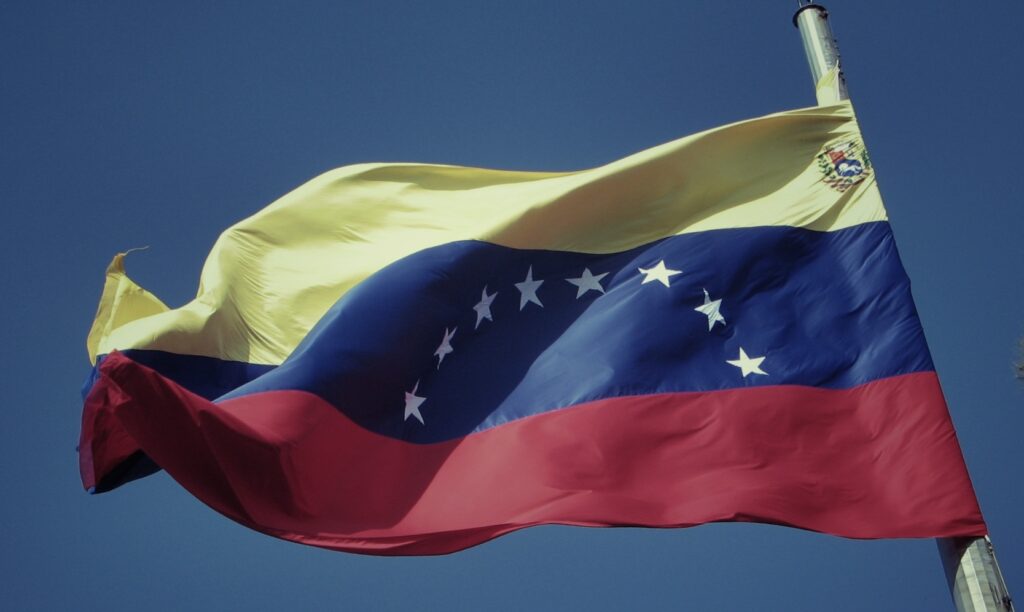This post is also available in: English Español
A political transition in Venezuela can take place even after an unclean election followed by repression, where results are disputed and those in power refuse to relinquish control. Historically, the regime has not made concessions voluntarily, and this is unlikely to change. The key question is how to provide incentives, within the boundaries of the rule of law, to individuals who could facilitate a shift from the repressive political system towards the challenging path to democracy.
Venezuela’s presidential elections on Sunday have drawn global attention to the country after a prolonged period of normalizing a situation that was anything but normal. While the initial focus on the election is essential, it is insufficient. Although these elections represent a unique political moment, a transition to democracy and a solution to the simultaneous crises faced by Venezuelans for years–a crackdown on dissent, a humanitarian emergency, and a massive exodus–will not be possible without negotiations about the future of President Nicolás Maduro and others in his government.
After midnight on Sunday, the National Electoral Council’s president verbally reported that Maduro had won the presidential election with 51% of the vote, based on results from 80% of precincts, after an alleged “terrorist attack” delayed the announcement. Opposition candidate Edmundo González supposedly finished second, with 44%. There is no credible evidence to back up these results. In fact, all available evidence–including exit polls and electoral ballot results in voting centers to which opposition monitors had access–indicate an overwhelming victory for the opposition, even in areas traditionally supportive of the government. The Carter Center, which conducted an election observation mission in the country, concluded that the elections did not meet international standards of electoral integrity and that the center could not verify or corroborate the announced results.
Yet the story does not end here. The regime needs international legitimacy, in part to access key markets, and these electoral results certainly did not provide it. The opposition’s democratic commitment, on the other hand, has contributed to its international legitimacy. For that reason, Sunday’s electoral fraud should be seen as a starting point for an inevitable political negotiation that will take place between now and January, when the next government is scheduled to take office.
[…]


